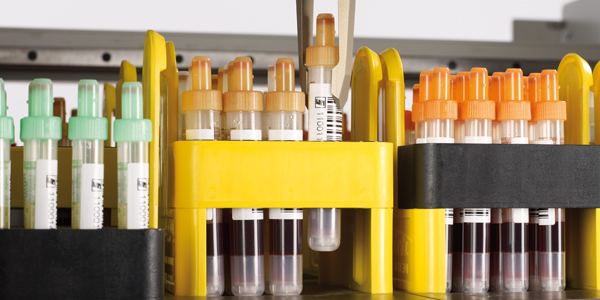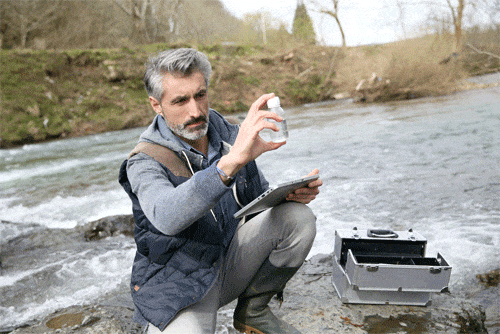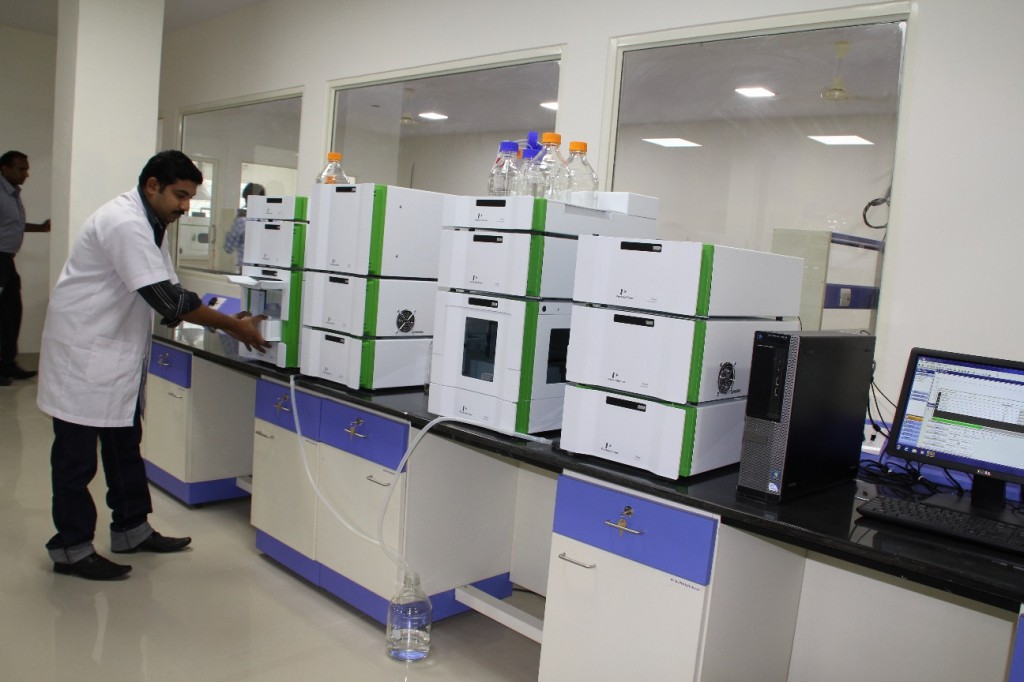Essentials of Sample Management for Commercial Product Testing Laboratories


Efficient sample management plays a significant role in increasing productivity and profits of commercial testing laboratories. An earlier article titled Sample Management – key to success of laboratory operations covered some useful guidelines that should be adopted during different stages of testing from receipt till disposal of samples post-analysis.
The present article recommends a set of procedures that should be followed to implement the guidelines recommended in the earlier article.
Sample management covers a chain of sequences involving:
- Sample receipt
- Sample booking and coding
- Sample distribution for analysis
- Sample handling in laboratories
- Sample confidentiality
Sample Receipt
Samples for testing are received in the laboratory through several modes such as collection from customer site by laboratory employee, personal delivery by customer representative or through courier delivery. On receipt the laboratory receptionist ascertains the following before accepting the sample and assigning it a tracking number and other details:
- Sample is accompanied with a customer letter giving sample details, analysis requirements and date by which analysis is required
- Sample container is not damaged or leaking
- Labels are affixed properly and are fully legible
- Sample is within its expiry period
- Sample storage and handling instructions are clearly mentioned on the label
Sample Booking and Coding
After satisfying with the conditions of analysis and accompanying requests and sample details the receptionist enters the sample record and assigns a tracking number to the sample before handing it over to the customer support group.
In case of incomplete information or damage to container label the sample is kept on hold and customer informed. If no response is received from customer perishable samples are discarded after a week and non-perishable samples after one month from the date of intimation to customer.
The customer service group is responsible for:
- Generation of a product master with unique product identity (report number) and affix a barcode sticker with sample ID on the container
- In case master is not available it is created as per requirements of analysis
- Sample is handed over to quality assurance division for preview of testing requirements such as method reference, code, batch number, manufacturing date, expiry date, sample quantity, test parameters, claims, limits, etc.
Sample Distribution for Analysis
After booking, coding and verification by quality assurance division the sample is passed on to the section head of the concerned laboratory. The section head makes relevant entries in the laboratory information management system or equivalent software, if available, or else maintains a soft copy and hardcopy details before handing over to the concerned analyst. Before assigning to the chemist the sectional head ensures:
- Sample is subdivided and handed over to concerned chemists taking precautions to prevent cross contamination
- Prior to analysis samples are stored in specified conditions such as temperature and humidity.
Sample Handling in Laboratories
The sample is kept under specified conditions as described above and at every stage care is taken to prevent cross contamination of the test samples from other samples or sampling tools
- Do not return excess of sample after weighing to the original sample container
- Always make use of clean spatulas for taking sample aliquots
- Enter results in analysis records and simultaneously in laboratory information management software, if available
- Seal any unused sample on completion of analysis and hand over to Stores officer for disposal or return to customer
Disposal or Return of Returnable Samples
The samples after analysis are not simply dropped in waste bins but handed over to the Stores Officer for the required action.
Stores Officer arranges to return the returnable samples if agreed with customer or else disposes of samples following the suggested guidelines :
- Type of sample Required action
- Perishables Immediate disposal
- Drugs and cosmetics 1 year storage
- Samples from reference laboratories 3 months
- Samples from export inspection agencies 3 three months
- Sample confidentiality
Laboratory ethics demands that sample confidentially be maintained throughout the stages from sample receipt till reporting of results to avoid any biases or customer pressures.
- Sample coding helps conceal sample identity from the analyst or other sample handlers
- Analyst should not disclose analysis results direct to customer or to laboratory colleagues
- Any technical queries or information required by the analyst should be communicated to customer through customer service group only
Compliance with the above suggestions will help streamline your laboratory operations and promote sound business relations with your customers.





Responses